Israel gives Gazans 24 hours to relocate south; Hamas calls it 'fake propaganda'
Israel has ordered residents of Gaza City to evacuate the area within 24 hours, in what is viewed as a precursor of a ground invasion by the occupying entity after suffering a serious setback by the Palestinian resistance groups over the past few days.
In a statement released on Friday, Israel's military called on all people living north of the Gaza Strip, which amount to more than one million, to relocate south.
The Israeli military said it would operate "significantly" in Gaza City in the coming days and civilians would only be able to return when another announcement was made.
"Now is a time for war," said Israel's minister of military affairs Yoav Gallant as the regime's warplanes continue pounding Gaza for the seventh consecutive day in relentless attacks that have claimed the lives of at least 1,500 Palestinians, including some 500 children and 280 women.
Hamas said the Gaza relocation warning was "fake propaganda" and urged citizens not to fall for it, also calling on Palestinians to rise up on Friday and march to al-Aqsa Mosque in the occupied Old City of al-Quds in protest.
Hamas armed wing al-Qassam Brigades said it launched 150 rockets towards the city of Asqalan in Israel "in response to the displacement and targeting of civilians".
Israel started its onslaught on Saturday after resistance groups launched multi-pronged Operation al-Aqsa Storm, the largest military operation against the occupying regime in decades, , leaving more than 1,300 settlers and troops dead and three times as many injured.
Since then, the resistance groups have fired thousands of rockets in retaliatory strikes at the occupied territories.
The Gaza Strip, home to 2.3 million people, is under years-long siege by the Israeli regime.
The attacks have already displaced more than 420,000 Palestinians in the Gaza Strip, according to the United Nations.
'Devastating humanitarian consequences'
The United Nations said it considered it impossible for such a movement of people to take place "without devastating humanitarian consequences."
The United Nations Palestinian refugee agency (UNRWA) said it relocated its central operations center and international staff to Gaza's south to continue its humanitarian operations and support its staff and Palestinian refugees.
The World Health Organization said the Palestinian health ministry has told them it would be impossible to move vulnerable hospital patients to the south of the Gaza Strip.
"The Palestinian Ministry of Health has informed WHO that is impossible to evacuate vulnerable hospital patients from the north of Gaza," WHO spokesman Tarik Jasarevic told reporters in Geneva.
The UN health agency also called for immediate humanitarian access to the Gaza Strip, warning Israel’s blockade and bombardment have left the enclave’s health system at “breaking point”.
It noted that Gaza’s overstretched hospitals had only a few hours of electricity a day, with fuel being rationed to maintain critical services including intensive care, and X-ray and dialysis services.
The WHO also called for the opening of a humanitarian corridor to allow health workers into the territory, as well as the evacuation of the sick and injured.
The International Committee of the Red Cross (ICRC) also raised concern about the deteriorating situation in Gaza, describing the situation as “abhorrent”.
“As Gaza loses power, hospitals lose power, putting newborns in incubators and elderly patients on oxygen at risk. Kidney dialysis stops, and X-rays can’t be taken,” Fabrizio Carboni, the regional director for the Near and Middle East for the ICRC said in a statement. “Without electricity, hospitals risk turning into morgues.”
Israel has said it has dropped about 6,000 bombs on Gaza since it began its bombardment.
Gaza has about 30 hospitals, 13 of them operated by the Ministry of Health and others privately run.
The WHO said it had documented 34 attacks on healthcare services in Gaza since Saturday. By Thursday, 11 WHO health workers had been killed while 16 were injured. Another five ICRC workers were killed. The WHO said 20 ambulances had also been hit.
Palestinian population in Gaza being ‘wiped off’
The UN rapporteur for Palestine said a significant part of Gaza's population is being "wiped off," as the blockaded city continues to face intense Israeli strikes and shelling.
"What's happening is that a significant part of the Palestinian population in Gaza is being wiped off. Not differently from what has happened before in ... but with increased ferocity," Francesca Albanese, the UN's special rapporteur on the Occupied Palestinian Territories, said in press statements.
Albanese also commented on a decision by Israel earlier this week to cut off Gaza's supply of water, electricity, food, and other basic facilities, underlining that starving a besieged population and depriving them of essentials was a war crime.
"If it's intentional and, in the context of a widespread and systemic attack against a civilian population, it also constitutes a crime against humanity," she added.
Albanese highlighted the overwhelmed state of hospitals in Gaza still functioning under the Israeli bombardment, saying that they had reached maximum capacity.
"There are patients sharing the same bed, patients lying on the ground, and there are no medicines," she said, adding that there is "no possibility of anything entering Gaza," as the area is "under total siege."
Describing the situation as catastrophic, she said there were people on the ground in the city, running with dead or wounded in their arms, trying to find shelter, of which there is none in the city.
“Every rule of international humanitarian law had been broken" throughout the Israeli aggression, Albanese underlined.
'Nobody wants to live in Sinai tents'
Palestinians in Gaza have called on Egyptian authorities to use the Rafah crossing to allow essential aid and resources to flow into Gaza, particularly after electricity and water were cut by Israeli authorities on Monday.
The Rafah border crossing between Egypt and Gaza - the only gateway in and out of the besieged area - was targeted by three separate Israeli strikes earlier this week.
"Hospitals are in a very, very bad situation. Electricity and water plants in Gaza [have] stopped," said Omar Shaban, a Gaza-based analyst and founder of PalThink for Strategic Studies.
The calls by Palestinians were just limited to the delivery of humanitarian aids as they had rejected to move to Egypt and a buffer zone in the Sinai Peninsula after the Israeli regime had floated the idea of constructing illegal settlements in the Gaza Strip following a potential ground invasion.
“Palestinians are aware of this idea of some Israelis, to push Gaza into Sinai. They will not do it, they will not accept it,” said Shaban, stressing that the idea was raised during previous Israeli wars on Gaza and yet “people did not leave Gaza to Sinai.”
“They are not stupid. They don’t want to repeat the second Nakba,” Shaban added, referring to the ethnic cleansing of Palestine and the creation of the illegal entity in 1948.
Muhammad Shehada, a journalist and rights activist from Gaza, stressed that people in Gaza have no desire to leave despite the Israeli blockade and living through five brutal wars since 2008.
“Nobody in Gaza wants to live as a refugee in tents in the Sinai Desert,” he said. “That’s basically the plan of the Israeli far-right.”
Grok to power classified programs as Musk's xAI secures deal with Pentagon
Iraqi FM tells US envoy: Government formation ‘internal matter’
Israel killed Gaza aid workers in ‘execution style’ massacre in 2025: Report
Participation shrinks at Israeli arms expo in wake of Gaza genocide: Report
Venezuela calls on UN to pressure US for Maduro’s immediate release
Hamas: Israel seeks to break Palestinian abductees’ will through abuse
Former UK ambassador released on bail after arrest in Epstein-linked probe
Hamas condemns Israel’s arson attack on mosque in West Bank, calls for mobilization


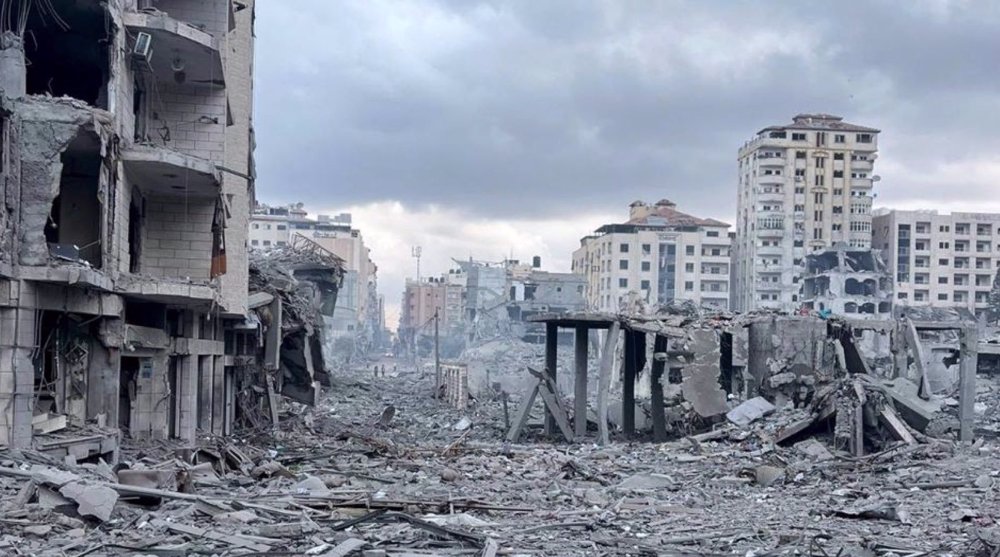
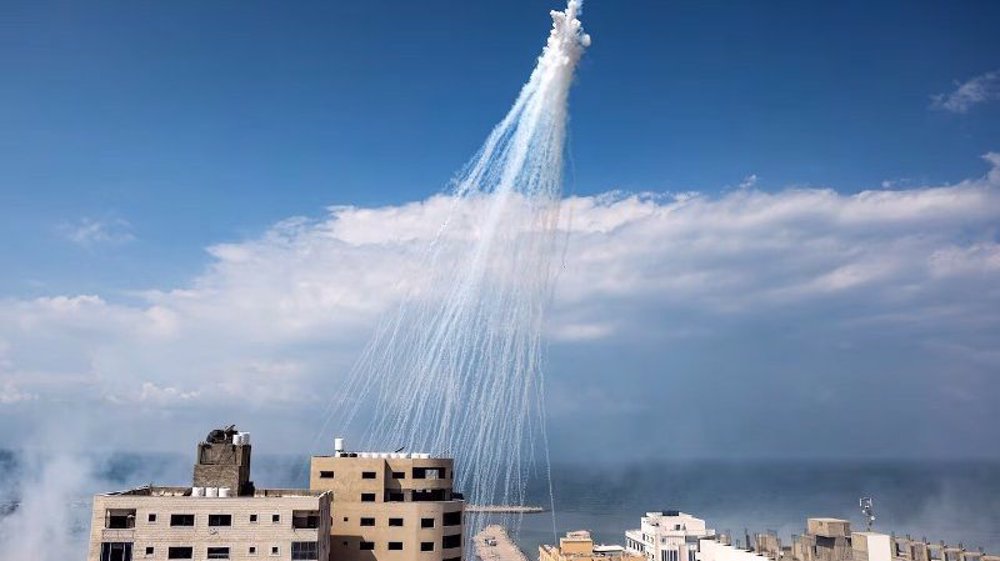
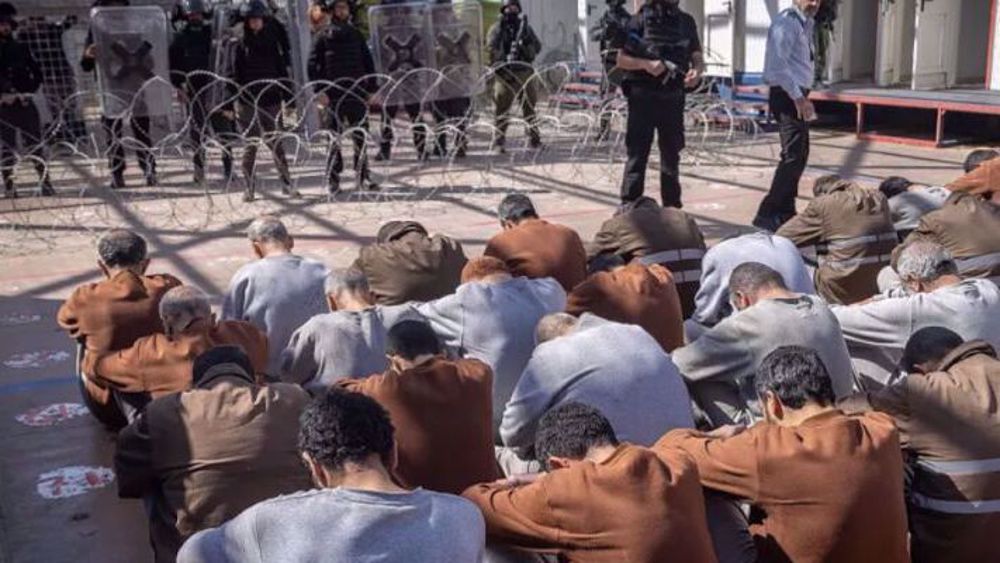
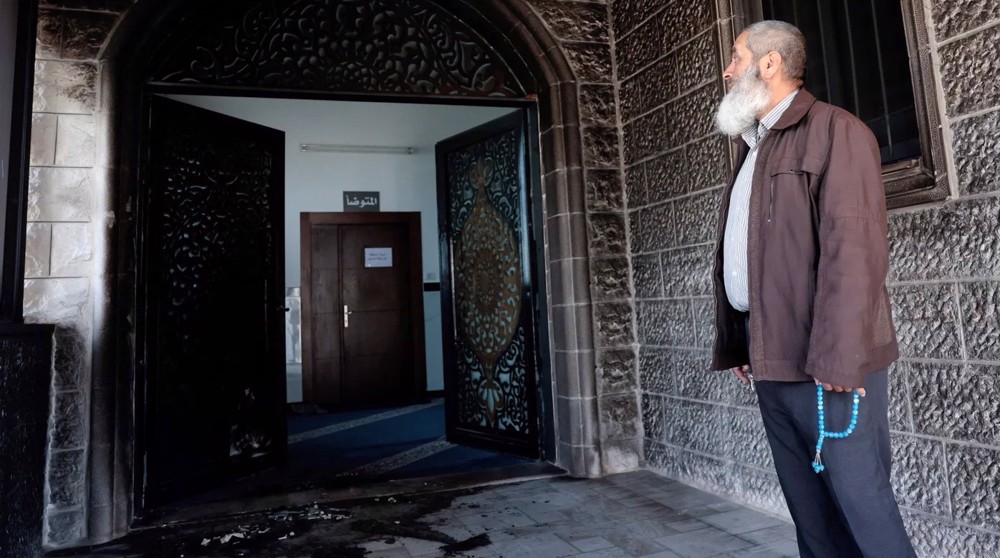
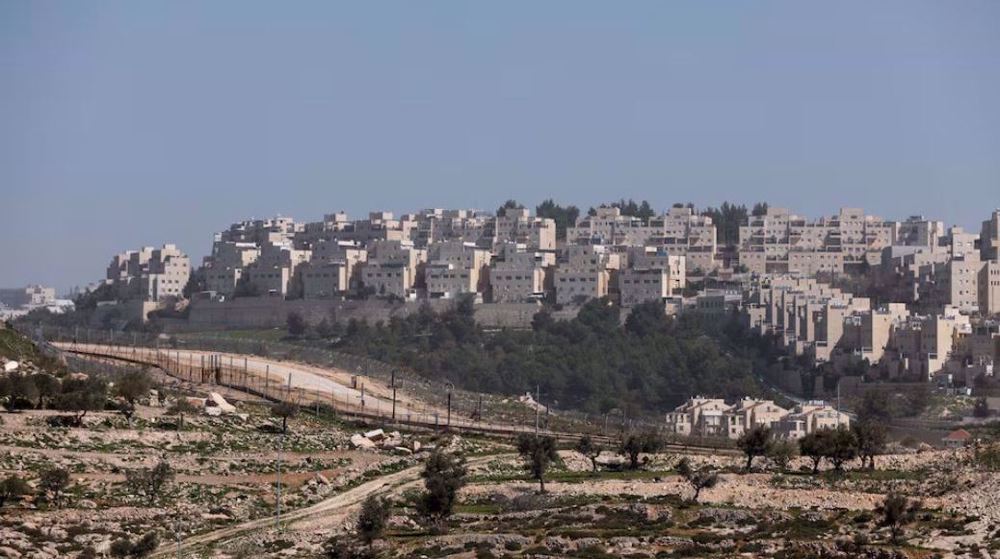




 This makes it easy to access the Press TV website
This makes it easy to access the Press TV website